In 2017, the McGill Library acquired Foreign Office Files for the Middle East, 1971-1981, a database of Primary Source documents examining events such as the Arab-Israeli War, the Lebanese Civil War, and the Iranian Revolution. This collection of files from the United Kingdom Foreign Office (i.e. diplomatic correspondence, minutes, reports, political summaries and personality profiles) is a invaluable tool for researchers focusing on the history of the Middle East during the 1970s.
The Foreign Office Files for the Middle East, 1971-1981 is available through the McGill Library A-Z database list.
It includes three modules focusing on different time periods:
- 1971-1974: the 1973 Arab-Israeli war and the Oil crisis
- 975-1978: the Lebanese civil war and the Camp David accords
- 1979-1981: the Iranian revolution and the Iran-Iraq war
An essay introducing this historical period by Professor Michael Gasper, including links to relevant documents within the collection, can be read here.
The Popular Searches page shows a list of most important people, places and topics covered by the documents. A simple click on any name or topic will lead to a list of documents in which they appear.
The collection can also be discovered through the gallery of maps, linking back to the original documents from which they come.


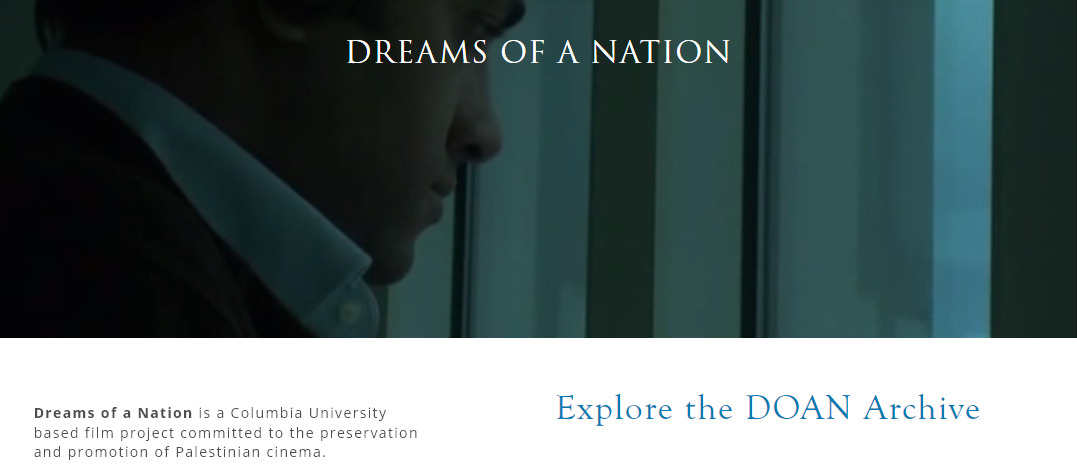
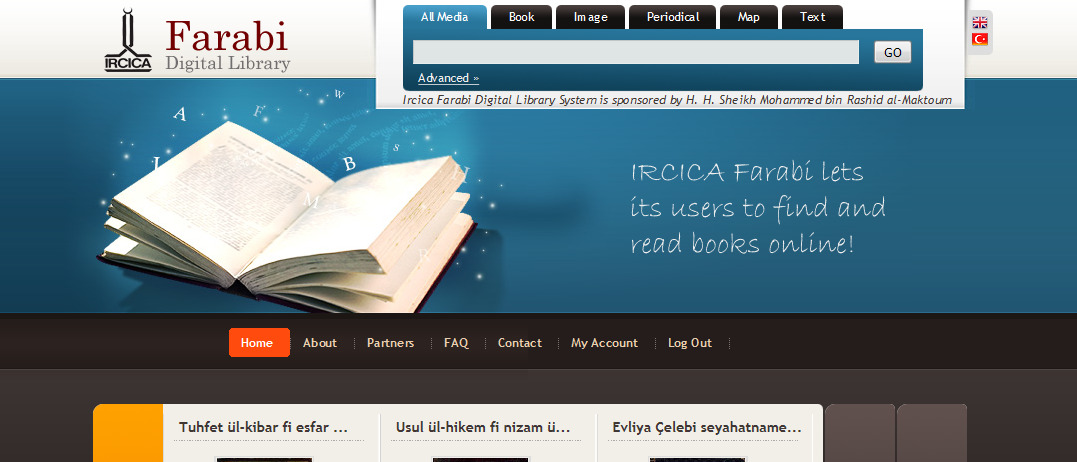
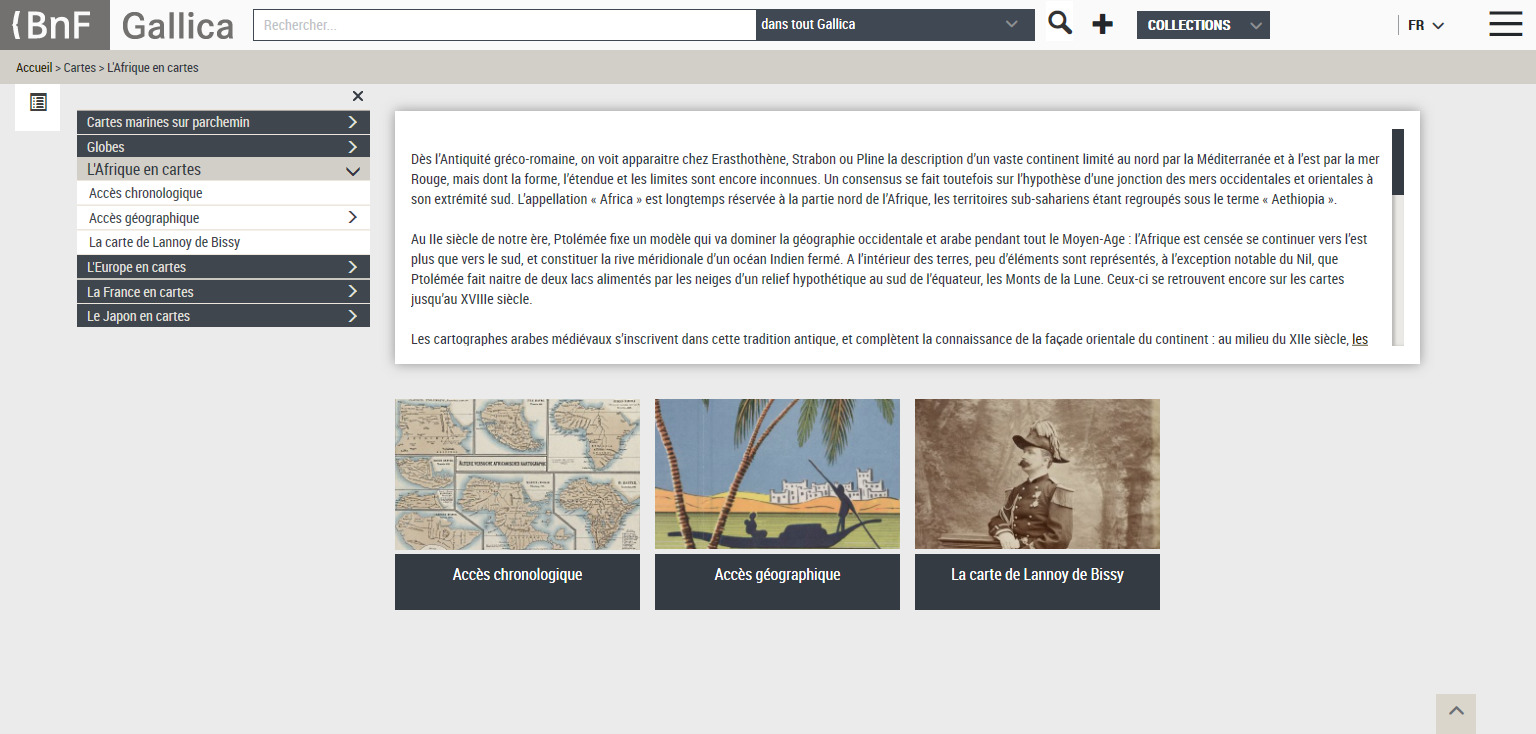
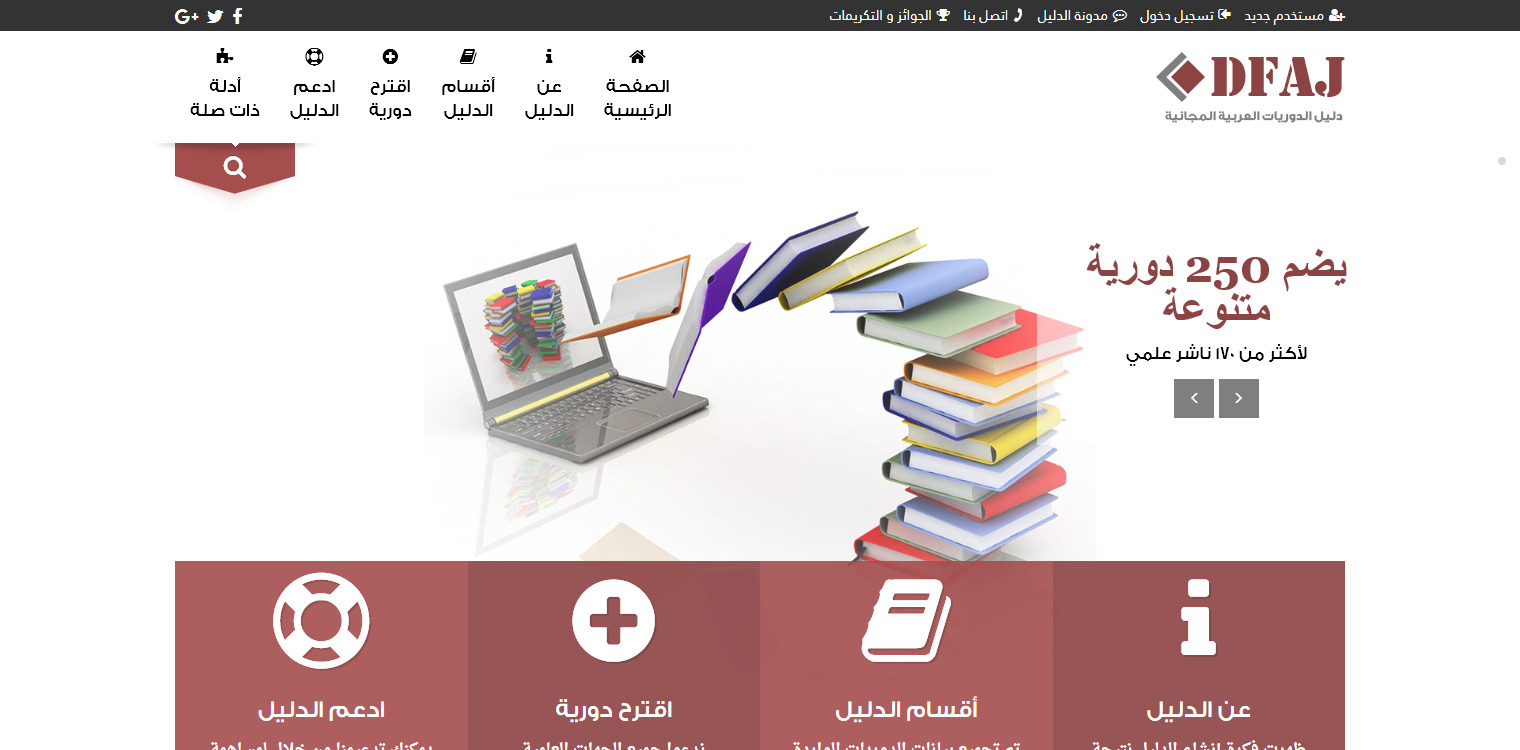
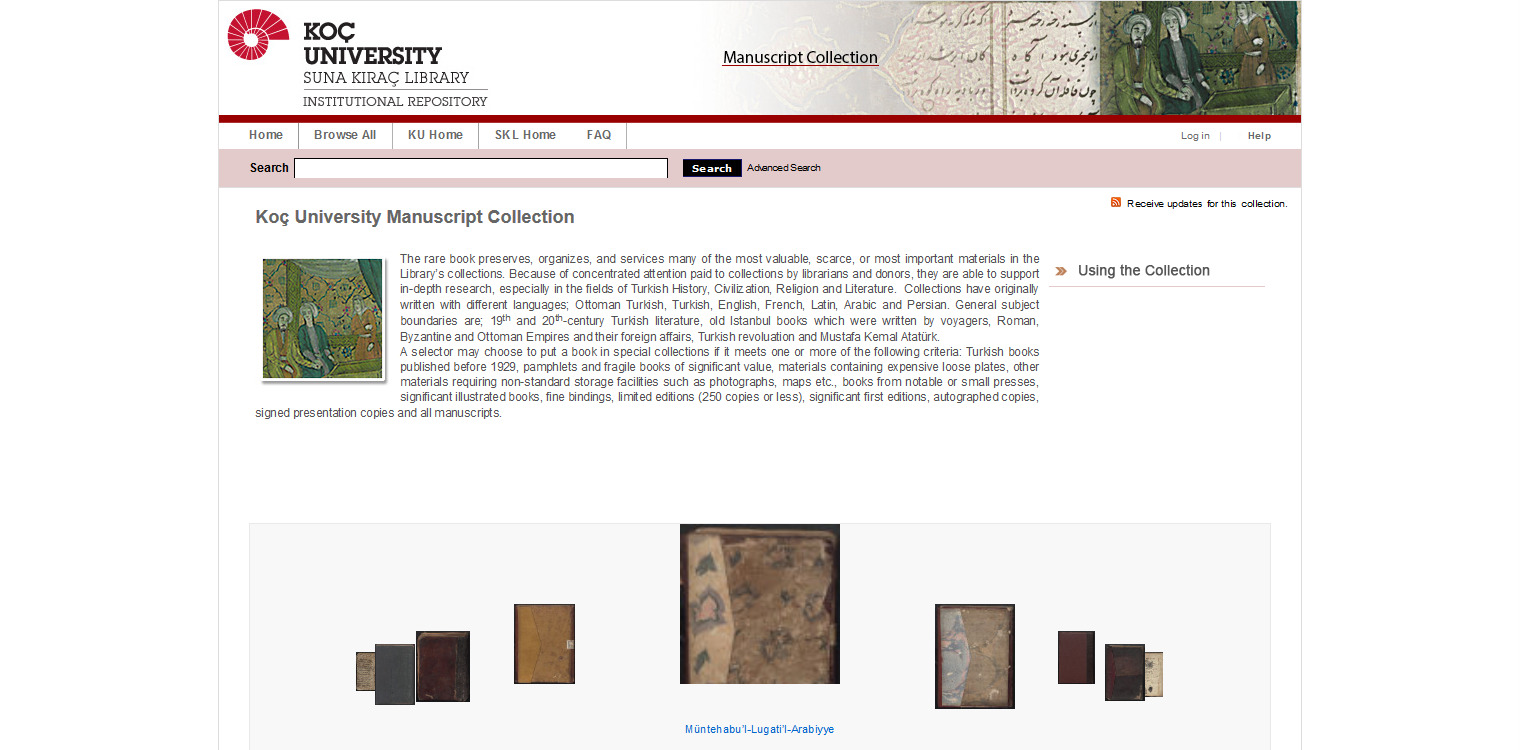
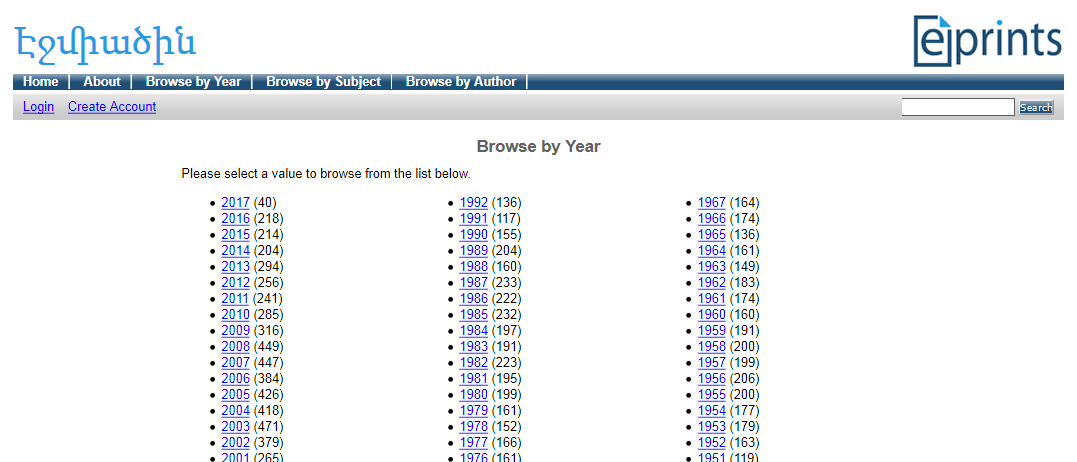
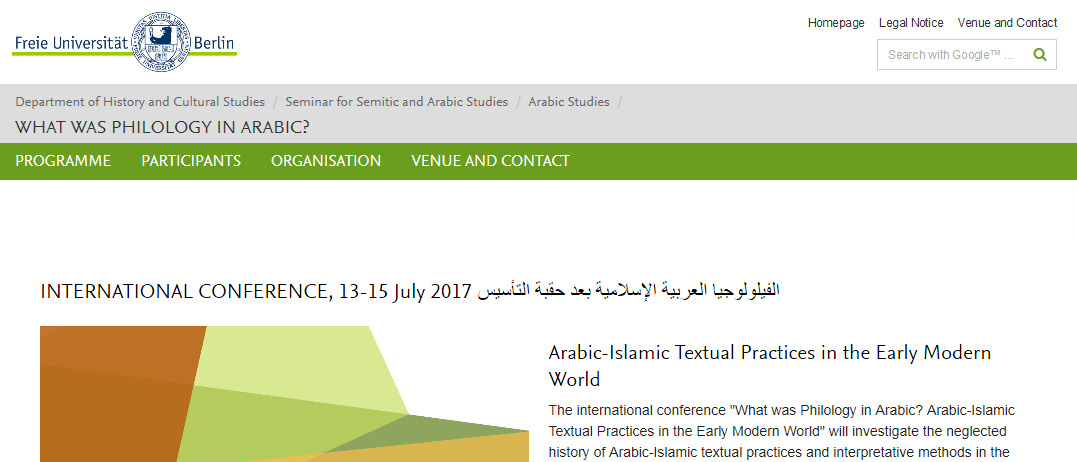
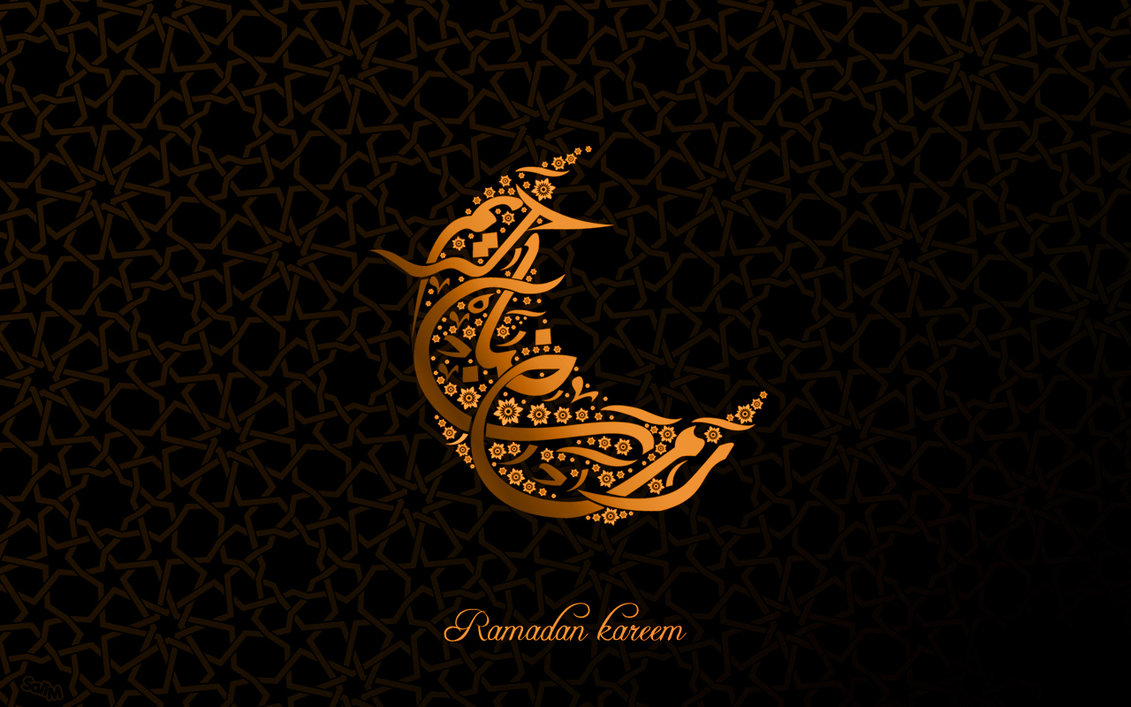
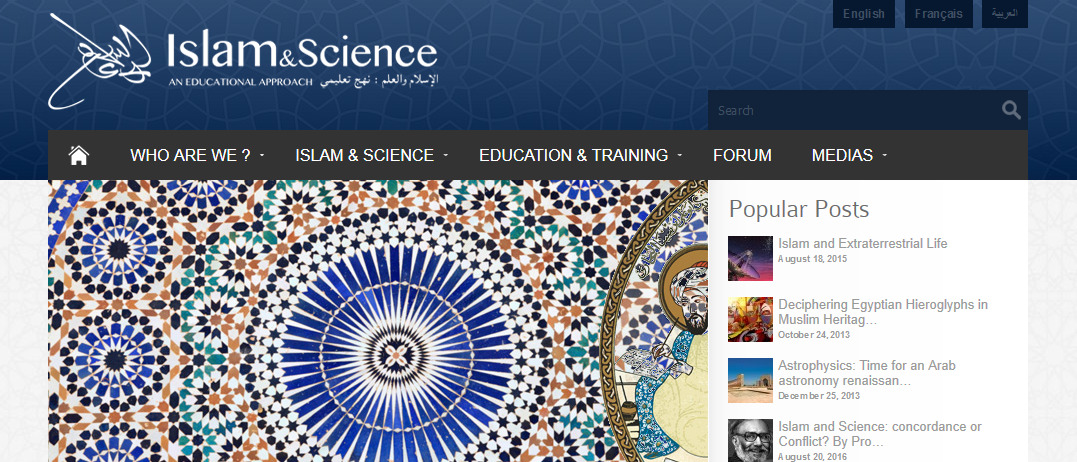 Note that “Submissions are restricted to Muslim graduate students and early career professors from any middle eastern country as well as from Morocco, Egypt, Algeria, Turkey, Pakistan and India”.
Note that “Submissions are restricted to Muslim graduate students and early career professors from any middle eastern country as well as from Morocco, Egypt, Algeria, Turkey, Pakistan and India”.